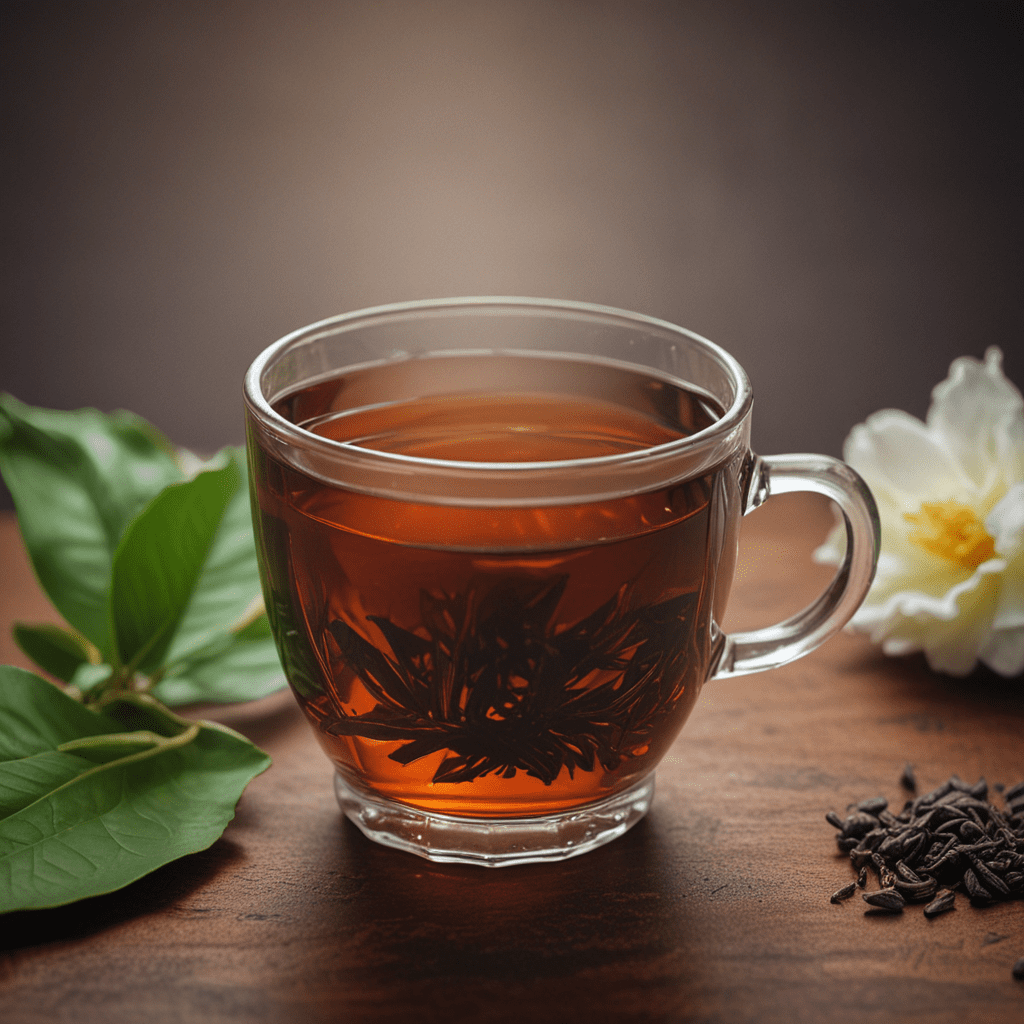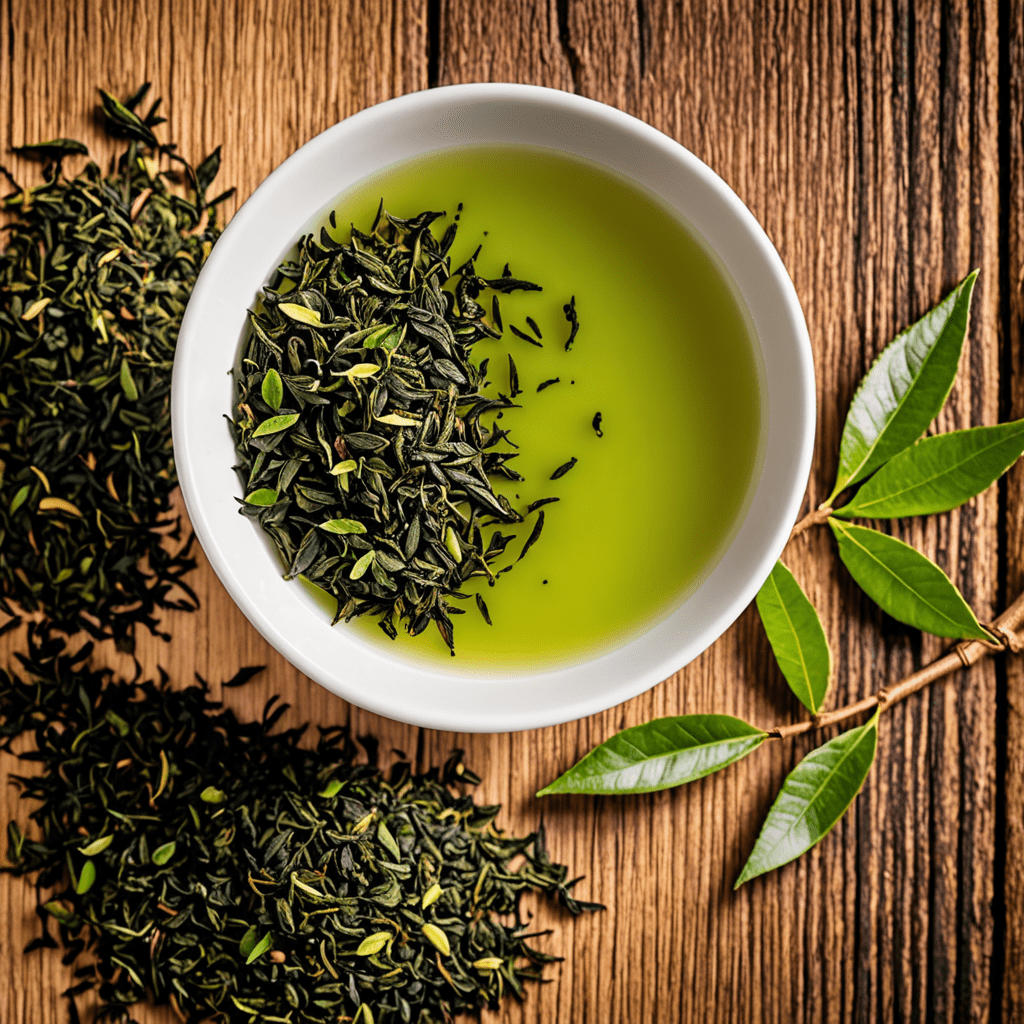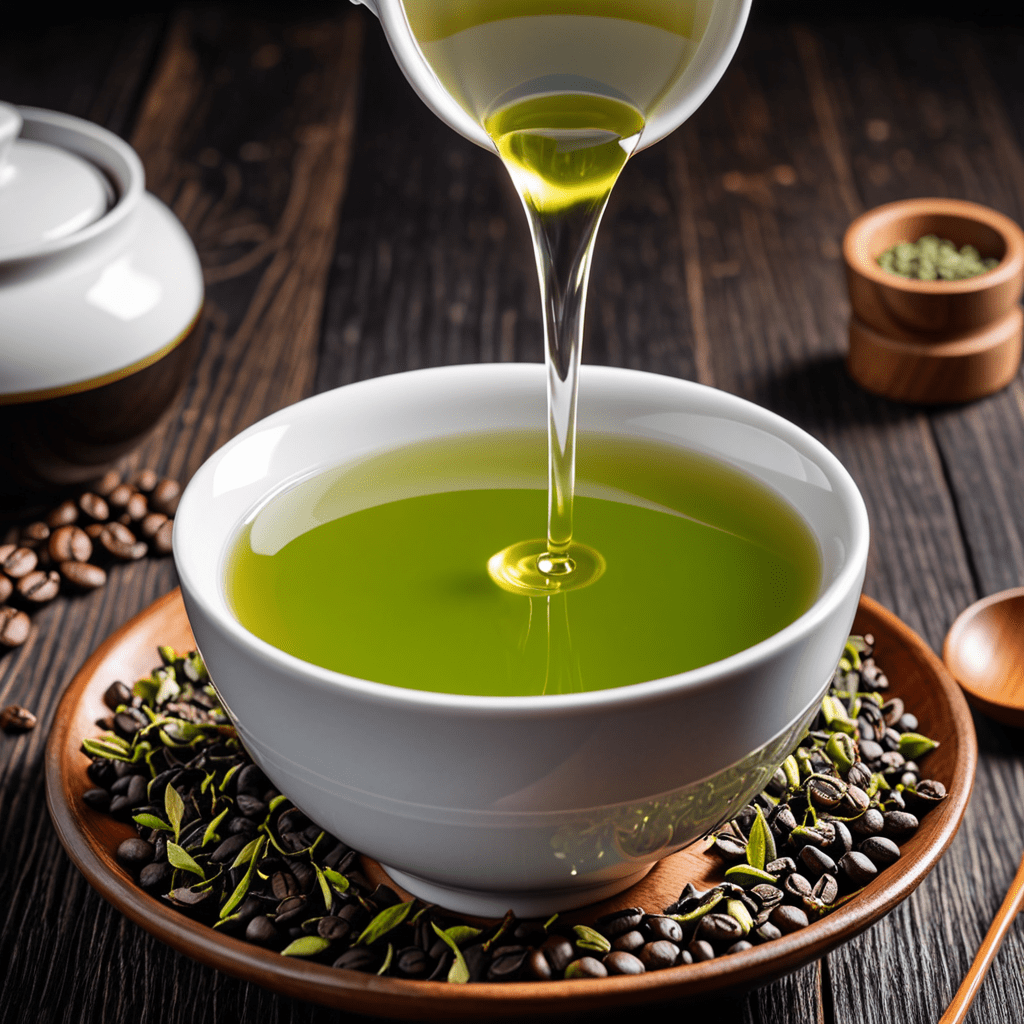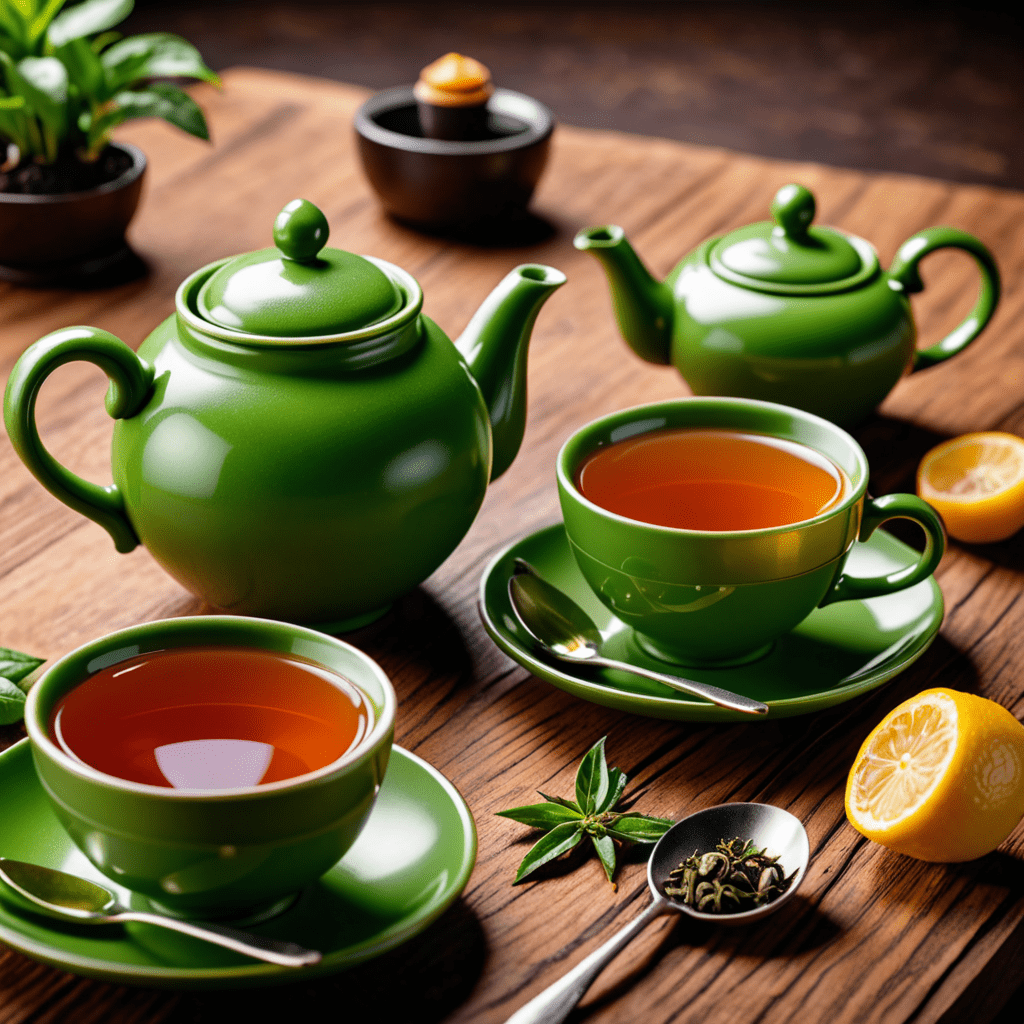
Introduction
The world of tea ceremonies is an intricate tapestry of tradition, ritual, and sensory delight. Among the myriad teas revered in these ceremonies, Ceylon tea holds a place of distinction. Originating from the lush hills of Sri Lanka, formerly known as Ceylon, this aromatic brew has left an indelible mark on tea ceremony practices worldwide.
History and Origin of Ceylon Tea
The story of Ceylon tea begins in the mid-19th century when British colonists introduced tea plants to Sri Lanka. The island's unique climate and fertile soil proved to be an ideal environment for tea cultivation, and the industry flourished. By the early 20th century, Ceylon tea had gained international recognition for its exceptional quality and distinctive flavors.
Unique Characteristics and Flavors of Ceylon Tea
Ceylon tea is renowned for its vibrant colors, ranging from golden yellow to deep amber. The flavors are equally diverse, with notes of citrus, honey, malt, and spice. The high-altitude cultivation imparts a characteristic briskness and astringency, which is balanced by a smooth and mellow finish. Ceylon tea is classified into several grades, with the highest grade, known as Orange Pekoe, being the most sought-after for its exceptional aroma and taste.
Symbolism of Ceylon Tea in Tea Ceremonies
In tea ceremonies, Ceylon tea is often associated with purity, refinement, and elegance. Its golden hue symbolizes prosperity and good fortune. The aroma is said to evoke a sense of tranquility and well-being. In some cultures, Ceylon tea is considered a sacred beverage and is used in religious rituals and ceremonies.
Preparation Methods for Tea Ceremonies Using Ceylon Tea
The preparation of Ceylon tea for tea ceremonies follows specific protocols. Traditionally, a small amount of tea leaves is placed in a teapot and hot water is added. The tea is allowed to steep for a short period, usually no more than two to three minutes, to extract the optimal flavors and aroma. The tea is then strained into individual cups and served with or without milk and sugar.
Sensory Experiences Associated with Ceylon Tea in Tea Ceremonies
The sensory experience of Ceylon tea in tea ceremonies is a journey of aromas, flavors, and textures. The tea emits a delicate fragrance that is both refreshing and inviting. As the first sip is taken, the taste buds are greeted with a symphony of flavors that evolve with each subsequent sip. The briskness is balanced by a smooth and velvety texture, creating a sensation that is both stimulating and soothing. The lingering aftertaste leaves a pleasant and refreshing feeling on the palate.
Cultural and Social Significance of Ceylon Tea in Tea Ceremonies
In many cultures, Ceylon tea is deeply intertwined with social and cultural traditions. In Sri Lanka, for instance, tea is a symbol of hospitality and plays a vital role in welcoming guests. Tea ceremonies are often held in homes and temples, where people gather to share a cup of tea and engage in meaningful conversations. Ceylon tea is also a popular beverage at weddings, festivals, and other special occasions, serving as a bridge between people and fostering a sense of community.
Modern Adaptations and Innovations with Ceylon Tea in Tea Ceremony Practices
While traditional tea ceremony practices remain rooted in history, modern adaptations and innovations have emerged to cater to evolving tastes and preferences. Cold brew Ceylon tea, for example, has gained popularity as a refreshing alternative to hot tea. Tea enthusiasts are also experimenting with blending Ceylon tea with other herbs and spices, creating unique and flavorful concoctions. The use of tea accessories, such as tea infusers and electric kettles, has also enhanced the convenience and accessibility of Ceylon tea in tea ceremonies.
Health Benefits and Therapeutic Effects Associated with Ceylon Tea in Tea Ceremonies
Beyond its sensory and cultural significance, Ceylon tea is also revered for its health benefits. It contains a wealth of antioxidants, known as polyphenols, which have been linked to various health benefits, including reducing inflammation, improving heart health, and protecting against certain types of cancer. The presence of caffeine in Ceylon tea provides a gentle boost of energy and alertness. Sipping Ceylon tea in tea ceremonies can promote relaxation, reduce stress, and improve overall well-being.
Conclusion: The Enduring Legacy of Ceylon Tea in Tea Ceremony Practices
Ceylon tea has left an indelible mark on tea ceremony practices worldwide. Its unique flavors, symbolism, and health benefits have made it a cherished beverage enjoyed by tea enthusiasts from every corner of the globe. As tea ceremony practices continue to evolve, Ceylon tea will undoubtedly remain a central element, inspiring new innovations and enriching the sensory and cultural experiences associated with these timeless rituals.
Frequently Asked Questions (FAQs)
Q: What is the best grade of Ceylon tea for tea ceremonies?
A: Orange Pekoe is considered the highest grade of Ceylon tea and is prized for its exceptional aroma and taste.
Q: How long should Ceylon tea be steeped for a tea ceremony?
A: Traditionally, Ceylon tea is steeped for a short period of no more than two to three minutes to extract the optimal flavors and aroma.
Q: What is the significance of Ceylon tea in Sri Lankan culture?
A: Ceylon tea is deeply intertwined with Sri Lankan culture and is revered as a symbol of hospitality and community. It is often served at special occasions, including weddings, festivals, and religious ceremonies.
Q: Are there any health benefits associated with Ceylon tea?
A: Ceylon tea contains a wealth of antioxidants, which have been linked to various health benefits, including reducing inflammation, improving heart health, and protecting against certain types of cancer.


